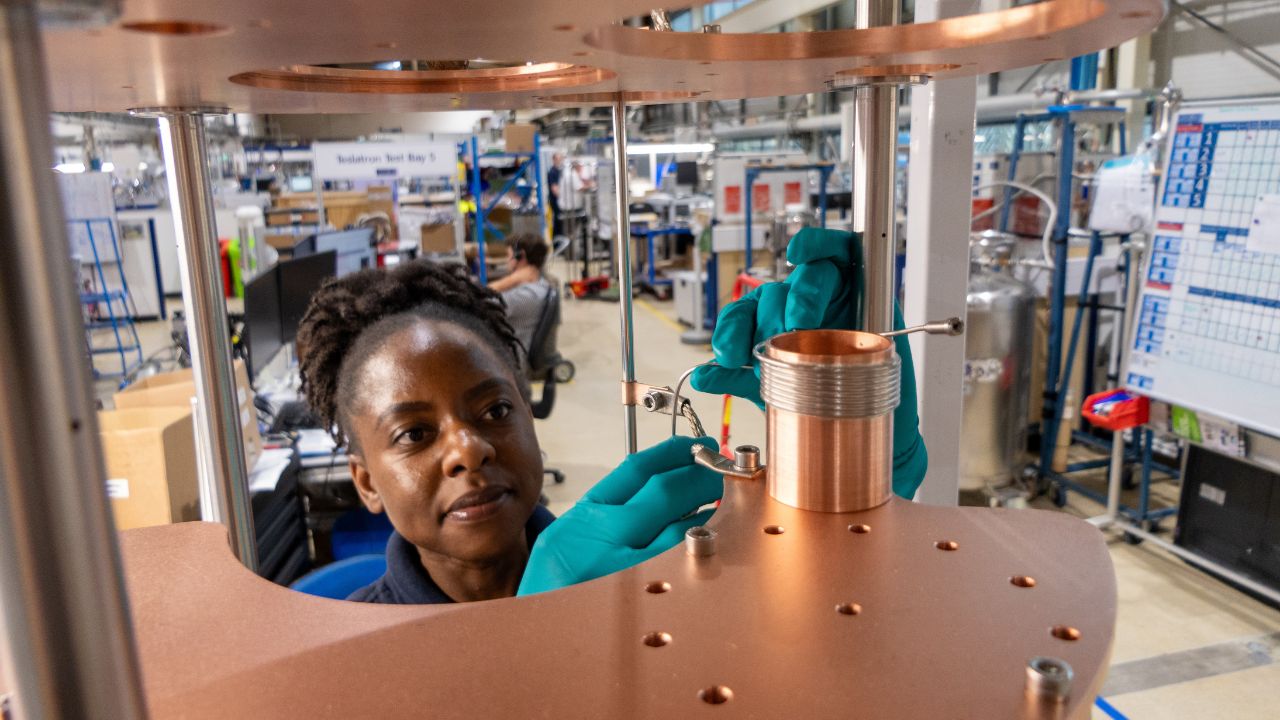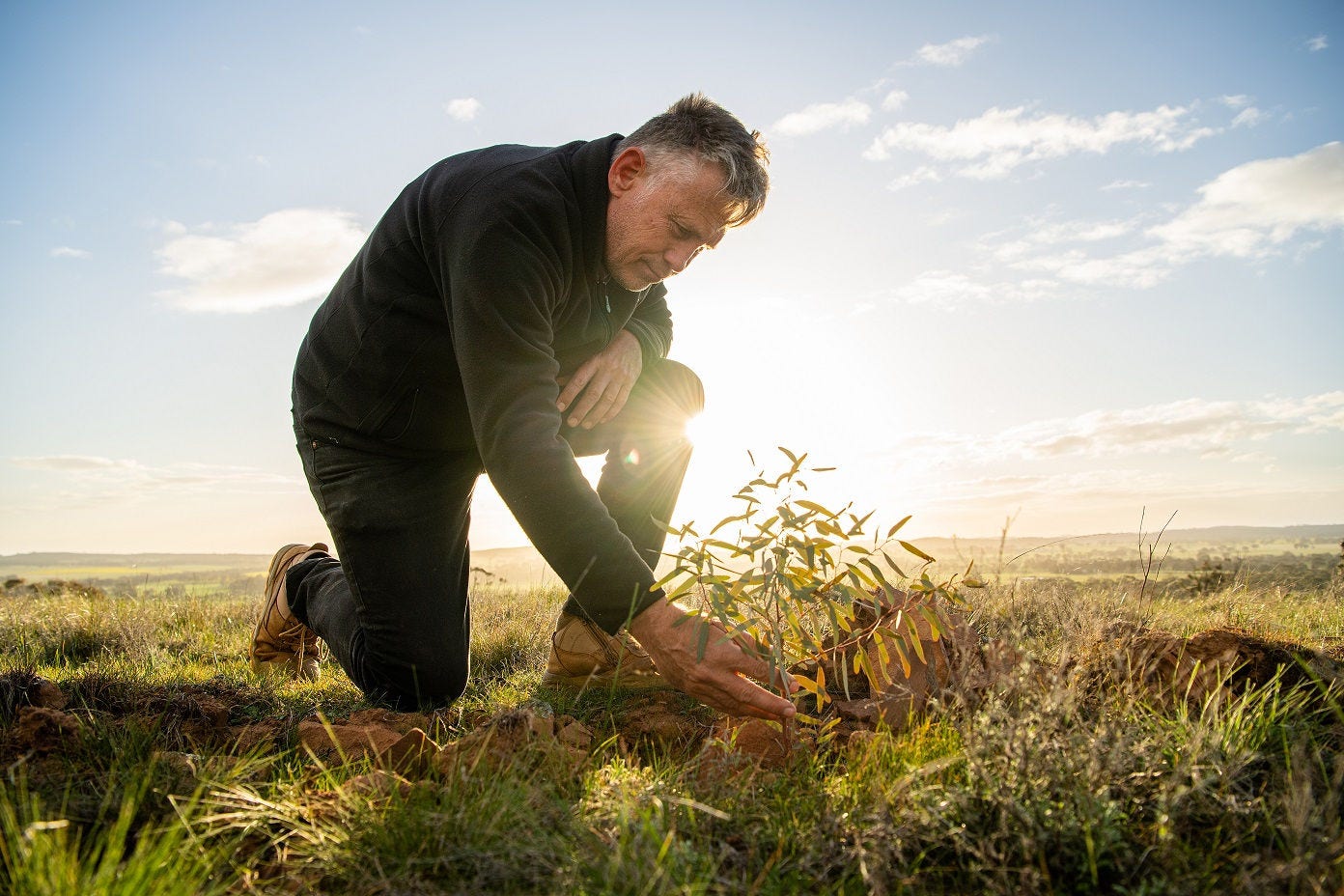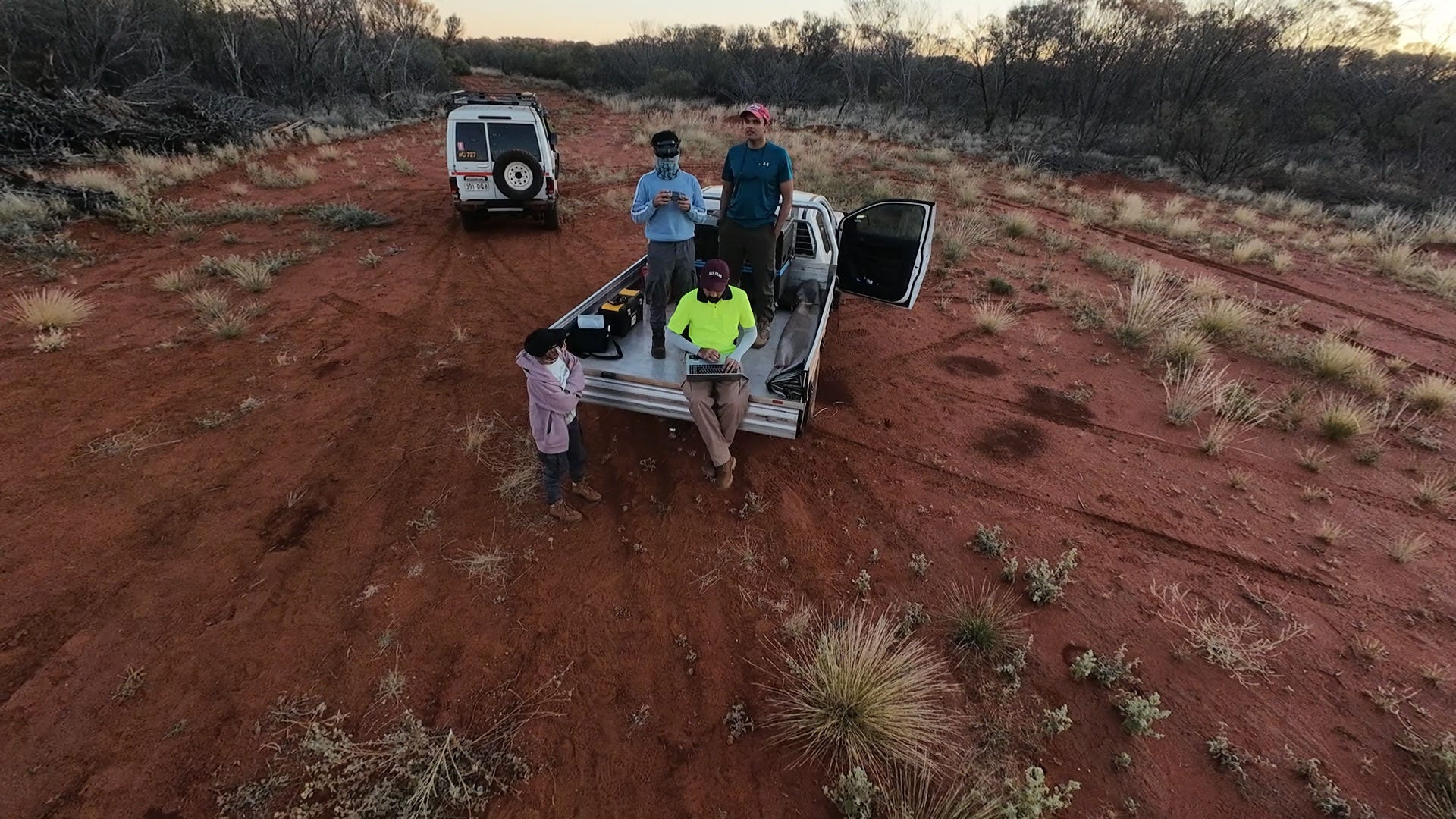Oxford Instruments microanalysis technology helping unlock solutions to macro challenges
Oxford Instruments will connect with Australian researchers to create and commercialise new solutions.
Micro-imaging and analysis specialist Oxford Instruments has been well known to Australian government, business and academic clients for nearly 4 decades. However, 2023 saw the company establish its first direct presence in Australia.
Oxford Instruments was founded in 1959 as the first commercial spin-out from Oxford University. Its technology underpins developments in some of the world’s most important technologies. These include magnetic resonance imaging (MRI), quantum computing, microanalysis and nanoscience.
From identifying cancerous cells to detecting microplastics, Oxford Instruments’ tools are enabling innovations that manage the challenges of today and tomorrow.
Tools to help unlock the components of everyday life
Oxford Instruments’ tools are used in day-to-day applications and applied research and development.
The microanalysis tools can be used to identify chemical composition of materials ranging from organic to inorganic. They help reveal the components of everyday life and give insights into otherwise unseen environments. For example, they track chemical changes in highly acidic industrial environments, detect asbestos to make environments safer, and analyse new semiconductor and energy materials.
‘Microanalysis tools also help us understand the properties of materials in a fundamental way,’ says Ken van’t Schip, Oxford Instruments’ Regional Manager for Australia and New Zealand. ‘This helps develop more efficient tools, or materials to solve new challenges.’
Sharing knowledge with Australian customers
Oxford Instruments previously supplied customers in Australia through an agency. A direct local presence now provides opportunity for longer-term market development opportunities.
That includes a greater training and development role. Through the company’s OI Academy, it plans to train power users of its tools in scientific and academic laboratories.
‘Sharing our technical specialists’ deep knowledge of our instrumentation allows users to drive them to their full potential. That builds their skills and lets them drive the machines harder,’ explains Jonathan Bryon, Oxford Instruments’ President of East and Southeast Asia.
For customers, another important benefit is a more practical kind of knowledge-sharing. ‘I’m speaking to customers who don’t realise their longstanding problems may have a solution,’ says van’t Schip. ‘A large part of my role is letting people know these technologies exist and we can solve very real and commercially relevant problems.’
Bringing experience in commercialising academic research
Oxford Instruments’ ability to span every stage from pure science to commercial production is key to its success, suggests Rebecca McKie, Director of Communications. ‘We operate as a kind of fulcrum linking the academic sector to the commercial.’
‘Having a very strong footprint in academic research gives us access to the cutting edge. Our strong industry connection means we can commercialise technology to solve tomorrow’s challenges,’ says Bryon. ‘We expect a key benefit of an Australian physical presence, will be connecting to local academic research to create new solutions.
‘It’s very exciting to bring Oxford Instruments’ experience to Australia and see the culture here shifting towards producing strong commercial and applied research that can help us solve problems at scale.’
There is already a strong scientific connection between Australia and the UK. ‘What's really interesting is the number of experts here [in London] who have done PhDs or postdoctoral degrees in Australia,’ says Byron.
The Australia-UK Free Trade Agreement can further support access to talent. Mutual recognition of qualifications and mobility options can support talent exchange between the 2 countries and enable them to secure global quantum talent into their local ecosystems.
 Oxford Instruments' researchers in the lab.
Oxford Instruments' researchers in the lab.
Austrade makes connections for strategic investment
‘Supporting Oxford Instruments to come to Australia is strategically important because of its expertise in nanoscience and quantum technologies,’ explains David Fisken, Austrade Investment Director for the UK & Ireland.
‘So many parts of its business are relevant to what Australia is looking to do in areas supporting economic security and net zero transition, and where we are looking to develop in areas like semiconductors.’
Austrade provided information around sector opportunities and initiatives and supported in-market visits. Austrade also connected the Oxford Instruments team to key players in the research and technology ecosystem in Australia.
‘The support we’ve had from David and the team has been over and above my expectations,’ says Byron. ‘It’s extended from introductions to detailed market sector overviews, to practical and logistical issues like setting up a business in Australia.’
Supporting Australia to transition to net zero
Oxford Instruments is extremely proud of its direct contribution to sustainability. Many of its products are used in net zero applications.
That includes materials analysis tools that optimise development of solar cell technology and develop corrosion-resistant steel to build offshore wind turbines. The plasma polishing technique developed by Oxford Instruments avoids the use of polluting cutting slurries in compound semiconductor processing.
Its technology is used at every stage of electric vehicle production, from battery research to quality control and safety monitoring.
Oxford Instruments is also at the commercialisation end of quantum technology, which will be essential to achieving net zero. ‘Quantum technology can help accelerate environmental research, and develop advanced materials,’ says Byron.
‘We see Australia and its resources as increasingly important in the energy transition,’ says Byron. ‘I would like Oxford Instruments to be at the heart of the revolution to transform and add value to those resources.’
Go further, faster with Austrade
Subscribe to the Investment Update newsletter
Find out about new investment opportunities, insights and investor success stories across Australia.

